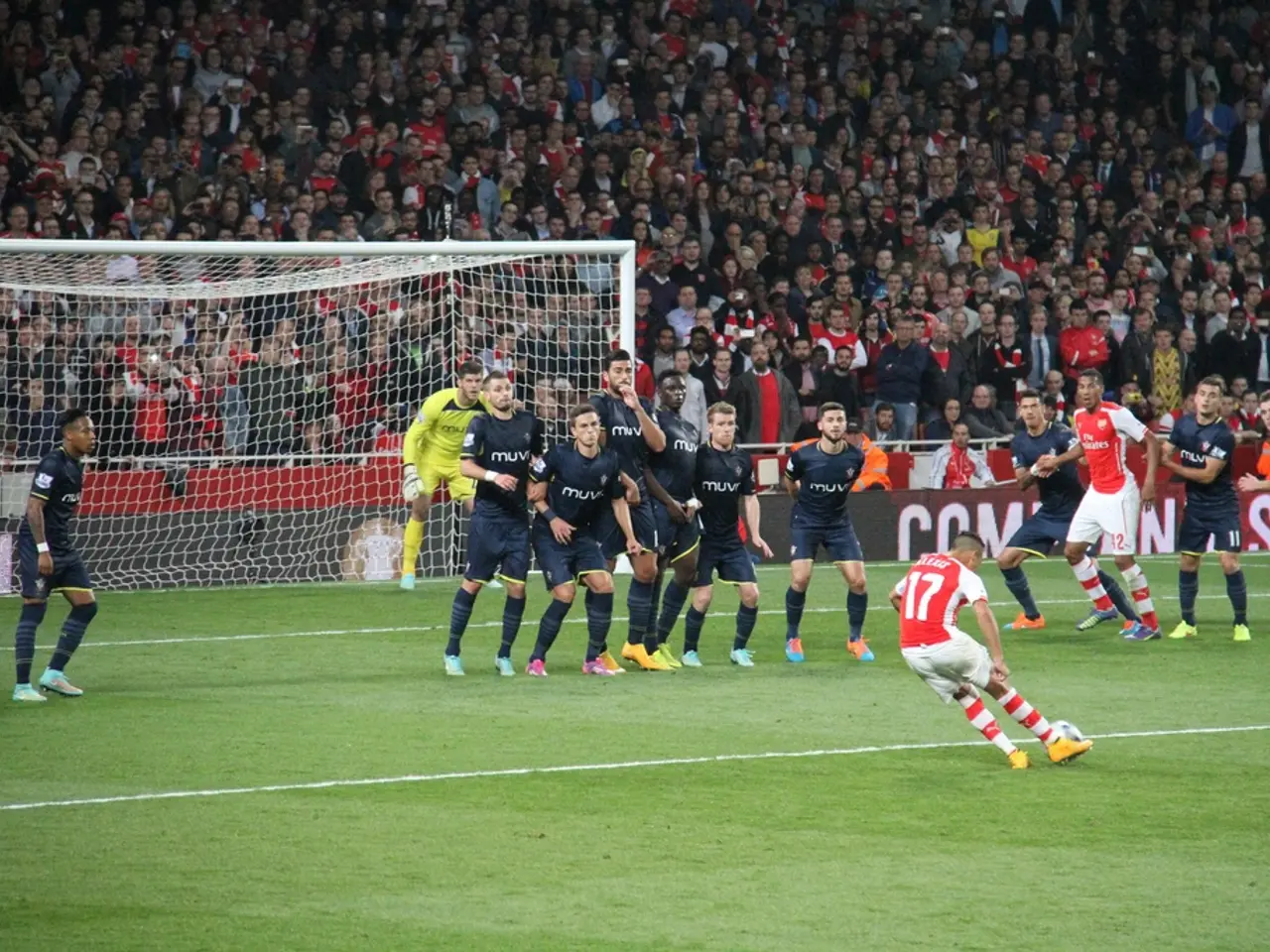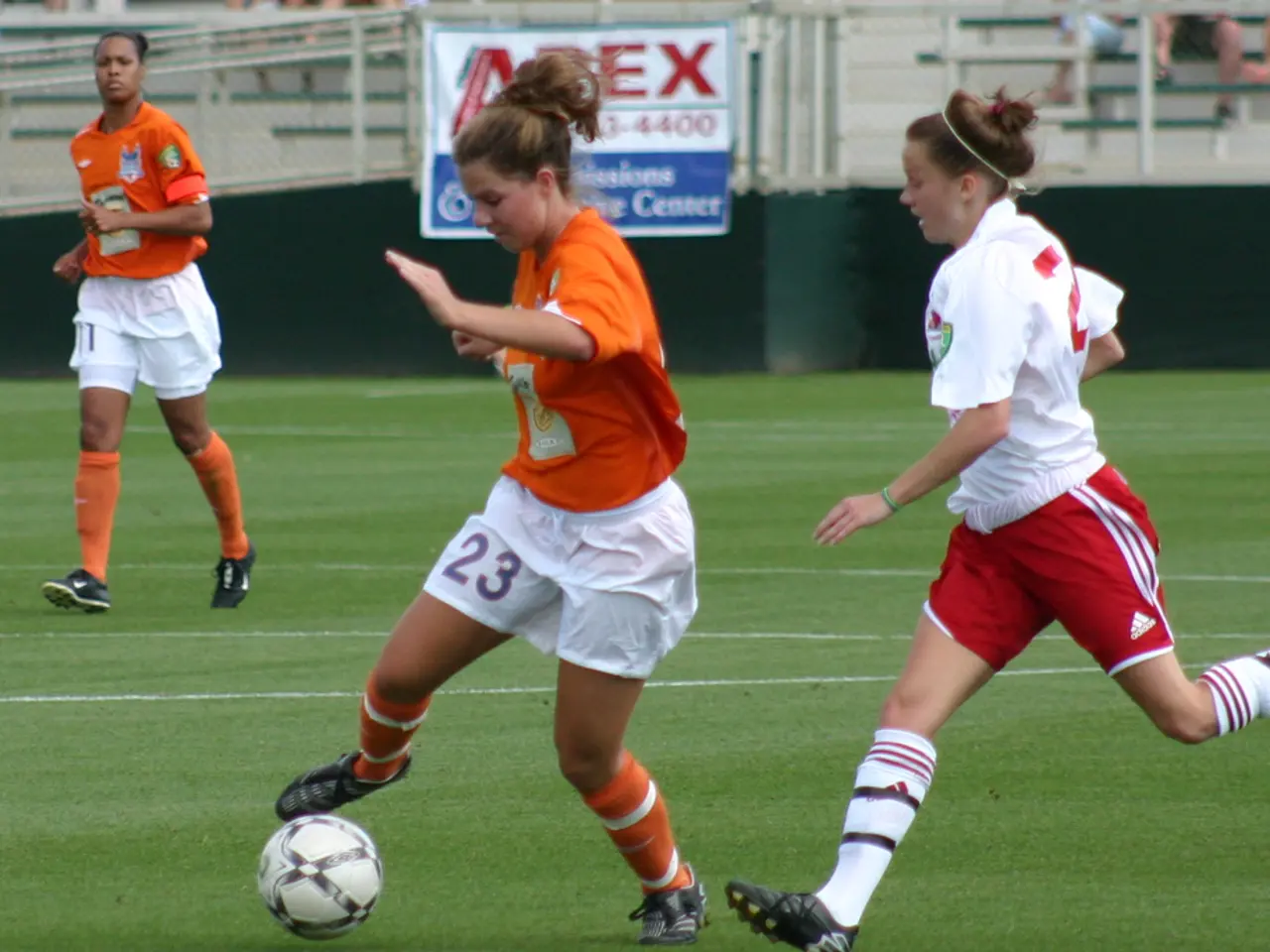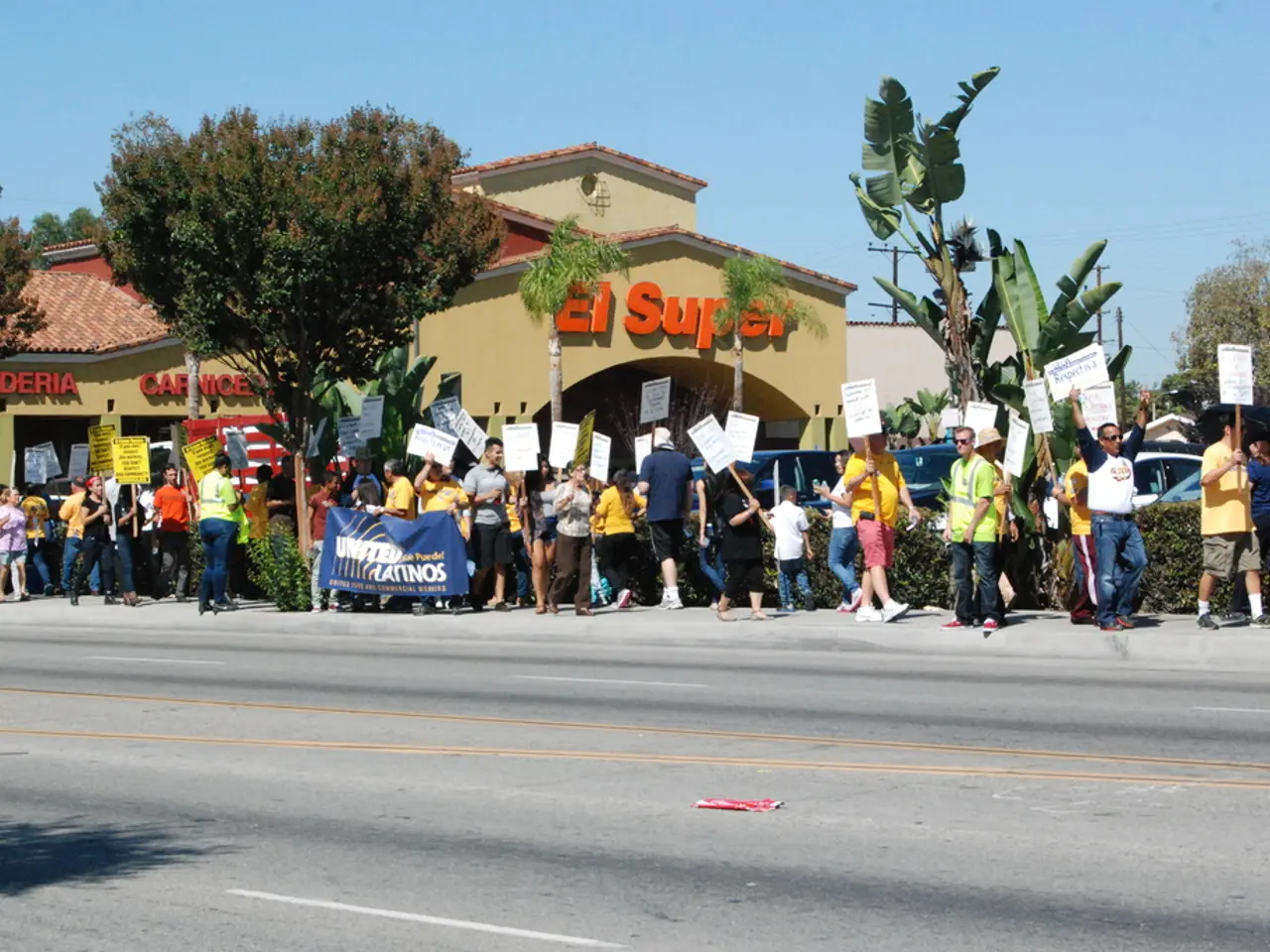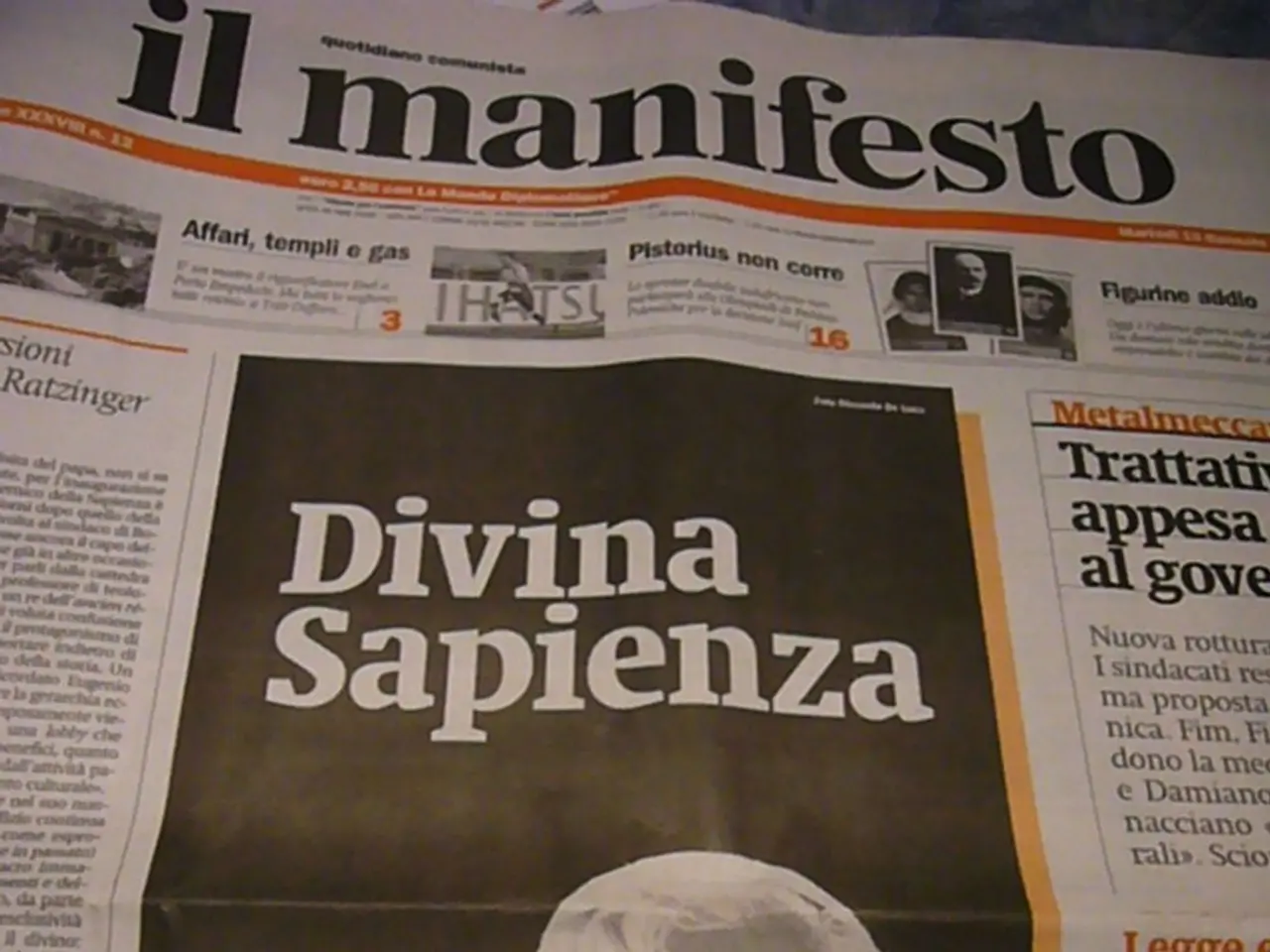The importance of Gary Lineker's departure from Match of the Day
Gary Lineker, a stalwart of BBC's *Match of the Day* for 26 years, has announced his departure from the show, marking a significant change in the world of sports commentary. Lineker's exit comes amidst controversy surrounding his social media activity and political opinions, leaving the BBC with options for his salary worth £1.3m last year.
Lineker's departure follows a series of controversies, starting with his suspension in 2023 for criticizing the Conservative government’s asylum policy, which drew national attention to the debate about impartiality and free speech at the BBC. His premature departure came after sharing a post linked to antisemitic propaganda, for which he issued an apology.
*Match of the Day*, a television institution with around 2 million viewers per week, will undoubtedly feel the loss of Lineker's long-standing presence. The BBC faced challenges maintaining the show's usual format and pundit lineup during the controversies, with some pundits refusing to appear in solidarity with him.
Lineker's case exemplifies the tension between maintaining broadcaster impartiality and sports figures’ desire to speak on social and political issues. His departure may signal a cautious shift for broadcasters navigating similar issues, potentially leading to more restrictions on commentators’ public political statements to avoid jeopardizing programming or institutional credibility.
However, Lineker's future is not entirely bleak. He has joined DAZN as part of their presenter lineup for the FIFA Club World Cup coverage and will bring his popular podcast *The Rest is Football* to this platform. This move indicates a continuing role in sports media but potentially with fewer constraints on his political expression compared to the BBC’s impartiality rules.
The departure of such a high-profile figure from a flagship sports programme raises broader questions about the evolving role of sports commentators who, due to their public platforms and influence, are increasingly engaging in political discourse. The BBC’s response—tightening social media guidelines—reflects an institutional attempt to balance free speech with impartiality requirements.
Football, often considered a "social glue" and a "safe space" in the UK, may be entering a more hyperpoliticized and opinionated world with Lineker's departure. As the national conversation shifts, it remains to be seen how other broadcasters and commentators will navigate the delicate balance between impartiality and political activism.
- Despite his departure from Match of the Day, Gary Lineker's future in the world of entertainment and sports media continues, as he joins DAZN for their FIFA Club World Cup coverage and will bring his popular podcast, The Rest is Football, to the platform.
- Lineker's exit from the BBC and move to DAZN, a platform that may offer fewer constraints on political expression, could signal a trend in the sports commenting world, where figures may be increasingly drawn to discuss general-news and political issues, influencing the overall hyperpoliticization of football in the UK.








